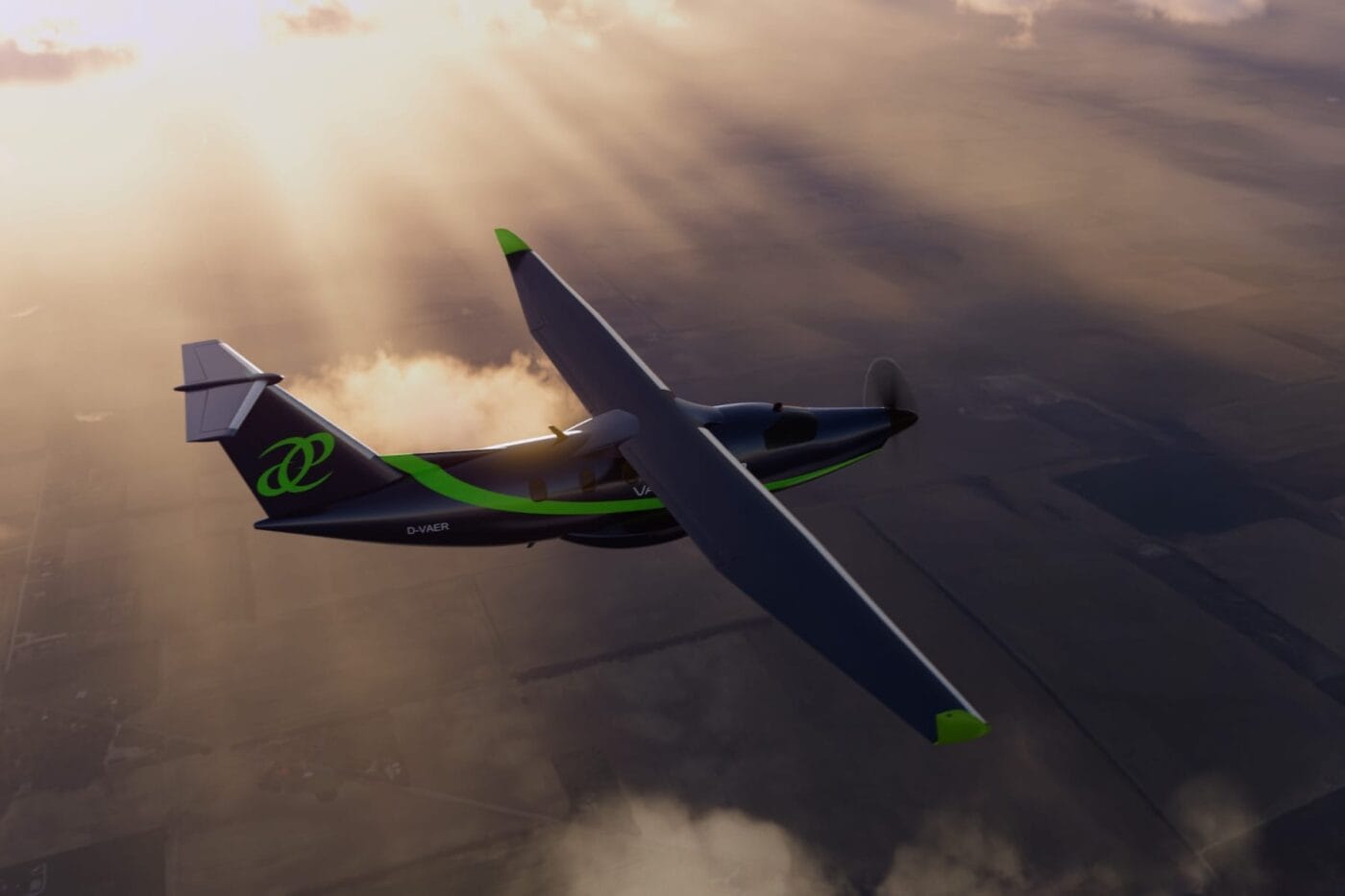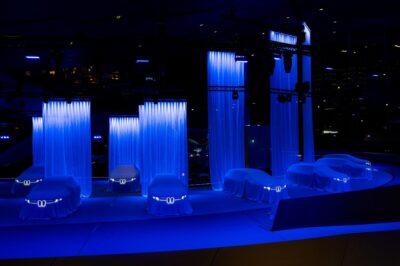Electric aircraft startup Vaeridion takes over key specialised building from Lilium
As reported by the German business publication Wirtschaftswoche, the building in question was leased to Vaeridion a few days ago. Vaeridion has also already received confirmation from Lilium’s insolvency administrator that it can purchase the technology belonging to the building, including laser welding equipment, founder and CEO Ivor van Dartel told the magazine.
Unlike Lilium, Vaeridion does not plan to build an electric vertical take-off and landing aircraft (eVTOL), but an electric aircraft that uses a conventional runway like a standard aeroplane. It will seat nine passengers, plus two pilots, with a nominal range of 400 kilometres plus an emergency reserve. Last December, Vaeridion raised €14 million from investors to fund this development.
The former Lilium building is particularly attractive to Vaeridion because it contains a fireproof room, according to Wirtschaftswoche. This is considered a crucial prerequisite for battery production. The battery facility and halls for acoustic testing, for example, were originally built by Oberpfaffenhofen Airport specifically for Lilium. Now, leasing such facilities could become a new business segment for Lilium, offering ‘testing-as-a-service’ to customers in the electric mobility sector.
The Vaeridion deal raises fresh questions about whether AAMG’s planned takeover of Lilium will go ahead. The building and its facilities were central to Lilium’s strategy and essential for the development of its air taxi. Setting up a comparable facility would likely take around a year, and most of the original employees have already left. Wirtschaftswoche reports that Vaeridion alone has hired eleven former Lilium engineers, with plans to hire more.
Insolvency administrator Ivo-Meinert Willrodt from the Pluta law firm reportedly continues to have doubts about AAMG, which has no track record in aviation. Its CEO, Robert Kamp, stated: “I have no experience in aviation, but I know how to do business.” Despite a public declaration of intent in early August and extensive media coverage of the AAMG–Lilium deal, the insolvency administrator has yet to approve the transaction. He is keen to avoid a repeat of Lilium’s first insolvency, where a takeover by the investor consortium ‘Mobile Uplift Corporation’ ultimately failed, leading to a second insolvency.
AAMG has stated it intends to advance research and development in Bavaria with a reduced workforce of around 300 employees, and to produce the first 50 air taxis there. Series production, however, is planned for Japan, where demand is expected to exceed that in Europe. AAMG’s largest shareholder, AirMobility, is based in Japan.
wiwo.de (in German)
This article was first published by Florian Treiß for electrive’s German edition.





2 Comments